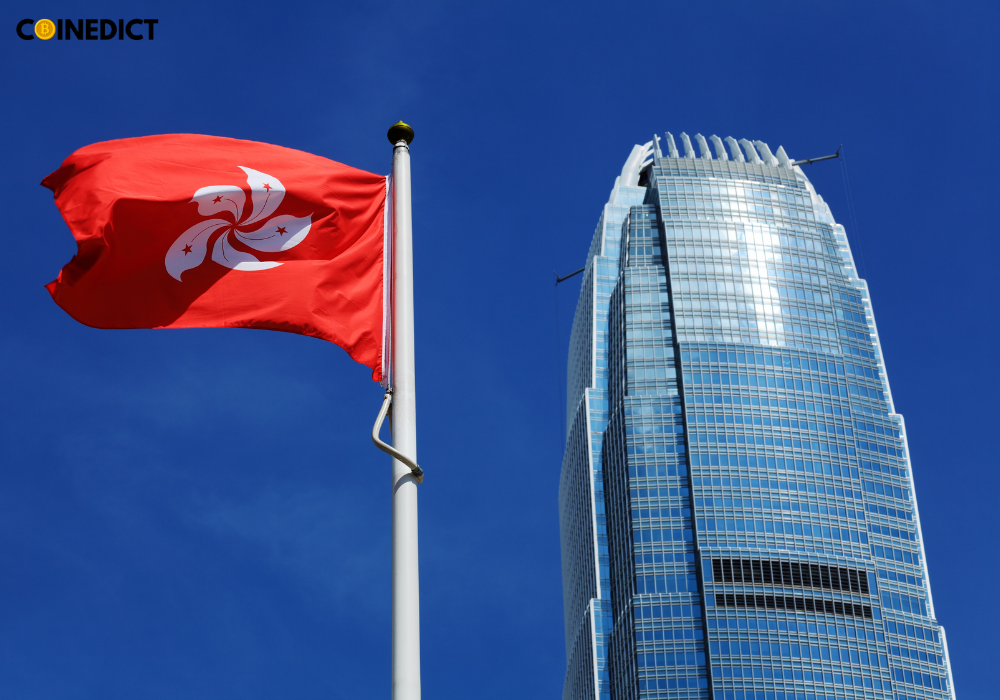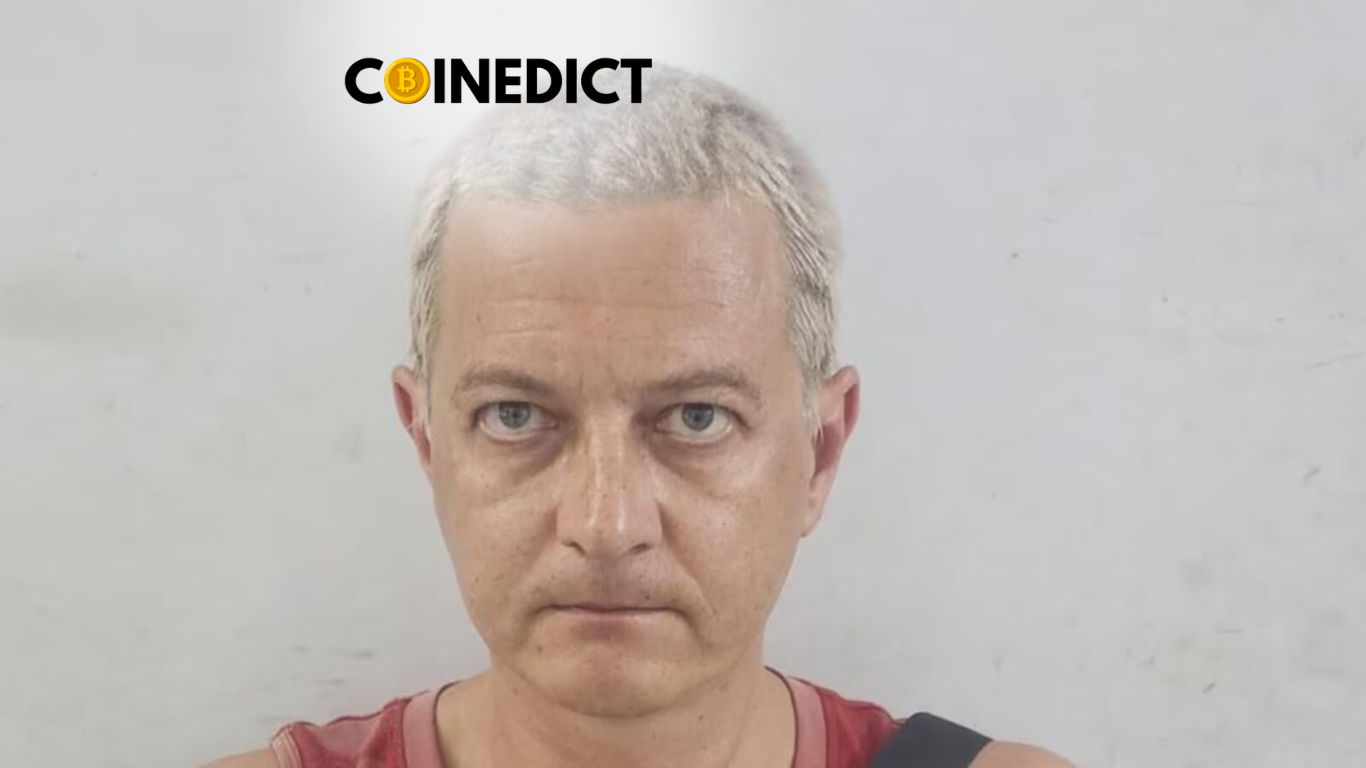Hong Kong authorities have announced plans to license additional digital-asset exchanges by the end of 2024, following the conclusion of a five-month inspection period that had cast uncertainty on the licensing process. According to Eric Yip, Executive Director for Intermediaries at the Securities and Futures Commission (SFC), a finalized list of platforms moving from provisional permits to full licenses will be published before year-end. The announcement was made during Hong Kong’s annual Fintech Week event.
The Five-Month Inspection Period: A Test for Digital-Asset Platforms
The five-month inspection, which ended recently, was a critical phase in Hong Kong’s regulatory journey to evaluate the compliance standards of digital-asset exchanges. The SFC implemented this inspection period to ensure that licensed exchanges adhere to rigorous security, anti-money laundering (AML), and investor protection standards.
Key Points from the Inspection Period:
- Evaluation of Compliance Standards: The inspection focused on how exchanges manage client assets, prevent money laundering, and maintain operational security. Exchanges that met these standards are more likely to secure full licensing.
- Investor Protection: The SFC’s inspection period is part of a broader commitment to safeguarding investor interests, ensuring that exchanges are accountable and transparent in their operations.
- Enhanced Regulatory Oversight: The period allowed authorities to examine how well digital-asset platforms align with Hong Kong’s financial regulations, including risk management protocols.
The inspection period, though necessary for regulatory scrutiny, raised concerns among market participants about the pace of licensing approvals. The SFC’s announcement that additional exchanges will receive full licenses brings clarity and optimism for Hong Kong’s evolving digital asset ecosystem.
Hong Kong’s Regulatory Path to Full Licensing
Hong Kong’s journey toward regulating digital assets has been marked by a cautious yet progressive approach. Initially, digital-asset exchanges were granted provisional permits that allowed them to operate temporarily while meeting basic regulatory requirements. However, these permits required exchanges to undergo further scrutiny to attain full licensing.
The Two-Step Licensing Process
- Provisional Permits: Initial approval for digital-asset exchanges to operate, provided they meet basic regulatory requirements.
- Full Licensing: Granted only after a comprehensive review, including the five-month inspection period, to ensure exchanges meet Hong Kong’s compliance, security, and operational standards.
By year-end, the SFC’s publication of a finalized list of licensed exchanges will mark a pivotal moment, signaling which platforms are deemed secure and compliant enough to operate under full regulatory oversight.
Hong Kong’s Vision for a Digital Asset Hub
Hong Kong has ambitious goals to become a digital asset hub in Asia, competing with the likes of Singapore. By establishing a clear regulatory framework, the city aims to attract reputable digital-asset exchanges and institutional investors who prioritize regulatory transparency.
Strategic Goals for Hong Kong’s Crypto Ecosystem
- Enhanced Investor Trust: By implementing a robust licensing process, Hong Kong aims to build trust among investors, encouraging wider participation in the digital asset market.
- Attracting Institutional Investors: A regulated market is more appealing to institutional investors, who are often cautious about entering spaces perceived as risky or unregulated.
- Long-Term Economic Growth: By positioning itself as a digital asset hub, Hong Kong could benefit from new jobs, technological innovation, and foreign investment in the blockchain and digital finance sectors.
The publication of the full licensing list is expected to clarify Hong Kong’s commitment to balancing innovation with regulation, furthering its status as a financial center in the digital age.
Implications for Digital-Asset Exchanges and Investors
The SFC’s announcement is a positive signal for both digital-asset exchanges and investors, as it reinforces Hong Kong’s stance on creating a safe and regulated environment for digital asset trading. However, the full licensing process also comes with significant implications.
For Digital-Asset Exchanges
- Higher Standards for Compliance: Exchanges will need to continuously meet the SFC’s standards for security, AML practices, and client asset protection, which may require operational and technological investments.
- Enhanced Reputation: Full licensing from the SFC could bolster an exchange’s reputation, making it more attractive to investors and partners looking for reliable platforms.
- Increased Costs of Compliance: Meeting regulatory requirements is costly, and exchanges must ensure they have the infrastructure and resources needed to remain compliant in the long term.
For Investors
- Greater Security: A fully licensed environment reduces the risk of fraud and hacking, as exchanges are required to implement strong security measures and adhere to strict operational standards.
- Increased Market Participation: Clear regulations and licensed exchanges may attract more institutional investors, leading to greater liquidity and potentially more stability in Hong Kong’s crypto markets.
- Broader Range of Services: With more licensed platforms, investors will have access to a wider variety of services, such as trading, lending, and staking, within a regulated framework.
Looking Ahead: A New Chapter for Hong Kong’s Digital Asset Market
The SFC’s move to license more digital-asset exchanges by the end of 2024 underscores Hong Kong’s commitment to a regulated crypto market that prioritizes investor safety and market stability. This regulatory clarity is expected to attract high-quality exchanges and bring legitimacy to Hong Kong’s digital asset ecosystem, which is crucial for long-term growth.
Hong Kong’s progress toward becoming a regulated digital asset hub will likely influence other countries’ regulatory approaches. As more regions consider how to manage the growing digital asset industry, Hong Kong’s framework could serve as a model that balances the needs of innovation, security, and regulatory oversight.
For now, the upcoming list of fully licensed exchanges will mark a significant milestone in Hong Kong’s journey to becoming a trusted global center for digital assets.











